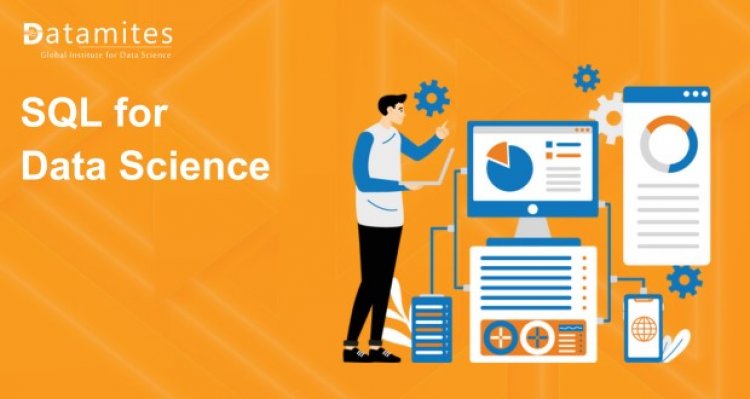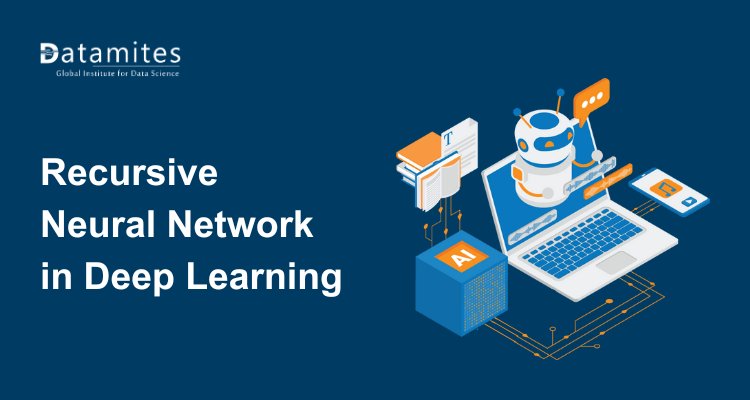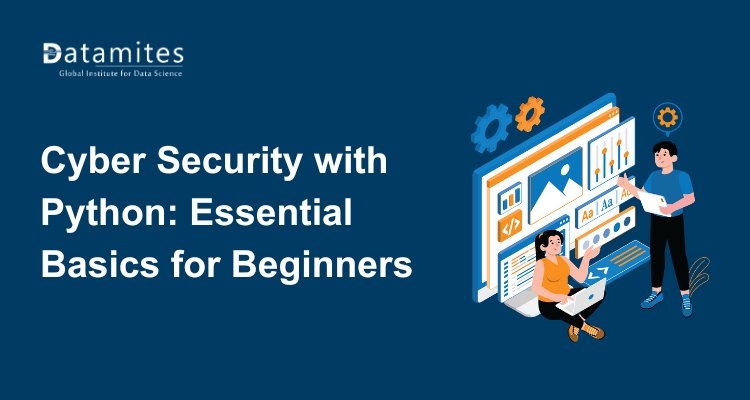SQL for Data Science

Data science is a rapidly expanding profession with many job opportunities. Everyone has probably heard about the top data scientists. The first and most basic skill that every aspirant to a career in data science should learn is SQL.
The most popular programming language for using databases is SQL, which is supported by many relational database systems, including MySQL, SQL Server, and Oracle. However, some features of the SQL standard are implemented differently in various database management systems. As a result, one of the key ideas in this area of data science is the use of SQL.
In this article we will learn why SQL is important for data science.
What is SQL?
Structured Query Language, or SQL, is a querying language designed for Relational Database management.
An assembly of precisely specified tables, known as relational databases, allow for data access, editing, updating, and other actions without necessitating modifications to the database tables themselves. Relational databases standard (API) is SQL.
When it comes to data manipulation, SQL programming can be used to query, insert, update, and delete database records, among other tasks. Relational databases such as Oracle and MySQL Database are instances of databases that use SQL.
Read these articles:
- Difference Between Data Scientist and Data Engineer
- Difference Between Data Science and Data Analytics
- Data Science vs. Big Data vs. Data Analytics
Need Of SQL In Data Science
Using SQL (Structured Query Language), users can update records, delete records, create and edit tables and views, among other actions, on data contained in databases. The current big data platforms employ SQL as their primary API for their relational databases, and SQL is the standard for such systems.
Data science is the comprehensive study of data. To deal with the database, we must extract its contents. SQL enters the picture in this situation. Relational database administration is a vital part of data science. SQL instructions can be used by a data scientist to define, construct, and query the database.
From SQL, several database platforms draw inspiration. As a result, numerous database systems now adopt it as a standard. Only for the purposes of processing structured data and maintaining relational database systems, modern big data platforms like Hadoop and Spark also employ SQL.
SQL Skills Required For Data Science
For aspiring data scientists, the following SQL abilities are required.
- Knowledge of RDBMS:- For a prospective data scientist, the most important and fundamental notion is a Relational Database Model System (RDBMS). You need to have a fundamental understanding of RDBMS in order to store structured data. SQL can then be used to access, retrieve, and modify the data. There must be an RDBMS on every data platform. Even the most advanced big data platforms contain a section for working with RDBMS-based structured data.
- Knowledge of SQL Commands:- Any data scientist should be familiar with the following SQL commands:
- Data Query Language
- Data Manipulation Language
- Data Definition Language
- Data Control Language
- Indexes:- Using specialized lookup tables allows a database search engine to quickly find values in a row. Using SQL indexing, we can quickly load the data into the database.
- Null Value:- A missing value is represented by the symbol null. In a table, a field with a Null value is empty. But a Null value is distinct from a zero value or an empty field.
- Joins:- Table joins are the most important relational database foundations that a data scientist has to comprehend. Inner joins and outer joins are the two different types of joins. They are then divided into Inner, Left, Right, Full, etc.
- Primary and Foreign Key:- In a database, a primary key represents distinct values. A primary key allows us to distinguish each line and record from the database. A foreign key, on the other hand, links two tables together.
- SubQuery:- A nested query that is contained within another query is known as a subquery. The SELECT, INSERT, UPDATE, and DELETE statements are the four fundamental subqueries in the SQL language. The initial enquiry will receive the information once more.
- Creating Tables:- Understanding how to design tables in SQL is crucial since organized relational tables are utilized in data science.
All of these SQL tools must be mastered in order to master data science.
Refer these articles:
- Data Science Training Course fees in India
- How To Become Data Scientist In India
- Data Scientist Course Fees in Bangalore
Is It Worth Learning SQL?
Yes, learning SQL is helpful for data science. Massive data sets need to be managed and organized within an organization using tools for data science. Additionally, pointing to a single or a group of data in a sizable pool requires tremendous effort without SQL. SQL is the finest learning option because it makes these chores simpler.
Wind Up
Relational database querying and management are accomplished using the technology known as Structured Query Language (SQL). When doing data operations, the main benefit of using SQL is that it can be accessed directly without having to duplicate it first. This can make the workflow execution considerably faster. For a data scientist to handle structured data, SQL is necessary. Therefore, to query these databases, a data scientist has to have a strong understanding of SQL. This language’s goal is to gather, manage, and recover data that is kept in a database.
A wide variety of learning options are available in many institutions for data science courses.
DataMites provides a certified data science course, offering comprehensive training in cutting-edge data analytics techniques. Gain expertise in data-driven decision-making through hands-on projects and industry-relevant curriculum. Elevate your career with DataMites acclaimed program, equipping you with the skills demanded in today’s data-driven landscape.
DataMites Training Institute is a leading platform offering comprehensive courses in data science and artificial intelligence. With a focus on practical learning, they equip students with the skills needed for the rapidly evolving tech industry.





